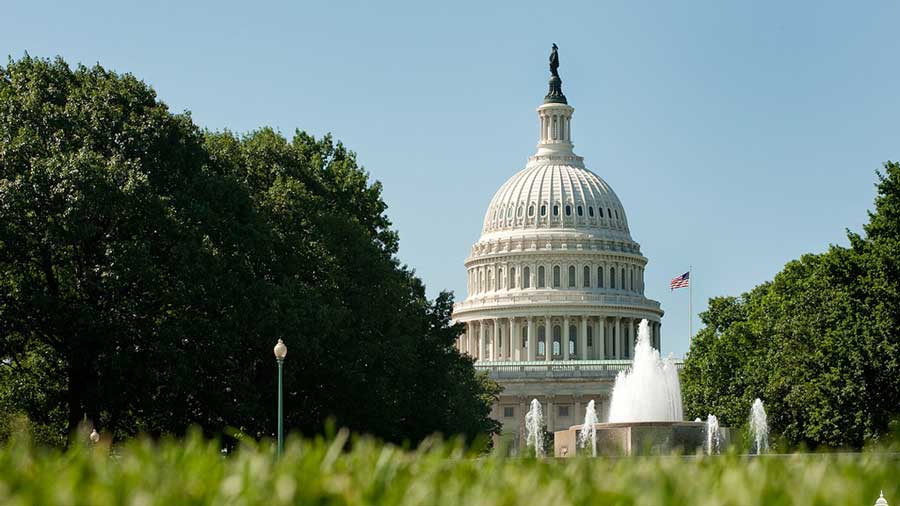Open Question: Reg Rollback Roils D.C.

The smarter way to stay on top of broadcasting and cable industry. Sign up below
You are now subscribed
Your newsletter sign-up was successful
The FCC’s vote to roll back most net neutrality regulations was interrupted by a brief evacuation of the meeting room for security reasons, which spoke volumes about the rancor engendered by what opponents saw as the death of the internet and what ISPs saw as a victory over regulatory overreach.
Few things are clear about exactly what happens after the 3-2 vote on Dec. 14, though one certainty is that it will be challenged in court. There are already pledges do so by TV writers, activists and New York State Attorney General Eric Schneiderman, who vows to lead a multistate legal battle against the rule rollback.
There is also expected to be pressure on both sides of Congress to weigh in on how to protect internet openness — including by the Googles and Amazons of the world — and the business models necessary to bankroll and deploy the conduits for that open internet.
But the champagne had not even been popped over the victory when cable and telco ISPs signaled they were willing to talk about Congress stepping in to legislate bright-line rules against blocking and throttling, as well as against some forms of paid prioritization — specifically degrading service, then charging more for un-degrading it.
NCTA–The Internet & Television Association chief Michael Powell said he would support legislation prohibiting that, which is the kind of conduct Schneiderman said he was concerned about in going to court.
Both sides recognize that the regulatory pendulum could swing back under a new political regime.
The FCC has tried for more than a decade to come up with guidelines, then rules, on how consumers should be able to access the internet, and what companies could and could not do to manage and/or monetize their networks.
The smarter way to stay on top of broadcasting and cable industry. Sign up below
Pai billed this latest move as a return to the light-touch non-common carrier classification upheld by the Supreme Court in the 2005 Brand X vs. NCTA case. Opponents saw it as a historic rejection of rules to keep the internet free and open.
The rules won’t go into effect until early 2018, but some critics, including the Writers Guild of America and the National Hispanic Media Coalition, are already preparing their challenges for what could be another long legal slugfest.
Contributing editor John Eggerton has been an editor and/or writer on media regulation, legislation and policy for over four decades, including covering the FCC, FTC, Congress, the major media trade associations, and the federal courts. In addition to Multichannel News and Broadcasting + Cable, his work has appeared in Radio World, TV Technology, TV Fax, This Week in Consumer Electronics, Variety and the Encyclopedia Britannica.

